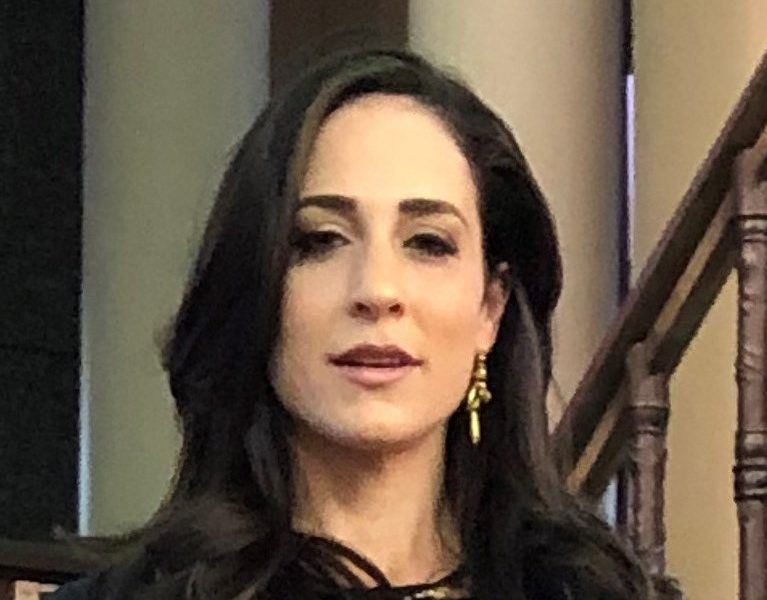OpEds
Yarmulkes and peace building in the UAE

I spent a surreal week in the United Arab Emirates (UAE) representing South Africa in a delegation of young World Jewish Congress Jewish Diplomatic Corps leaders from 20 countries.
It was a week I’ll never forget. As invited guests of the UAE in Washington, DC, this initiative formed part of the historic conciliatory process of Arab-Israeli and Muslim-Jewish peace building efforts. These efforts follow in the wake of the Abraham Accords signed between Israel and the UAE, as well as Morocco, Sudan, and Bahrain in 2020.
It was a special opportunity to learn and contribute, as we build bridges with local government representatives, business leaders, faith communities, and cultural institutions. This is the future of nation building between our states.
Visiting the UAE feels like stepping into the future. It’s a forward-thinking country, and regional and global peace and prosperity are central to its world view. These aren’t buzz words, but lived core values, and the integrity and warmth of this message was affirmed in every engagement.
“We don’t just want peace with a government. We intend to have an active relationship with the people,” said His Excellency Dr Ali Al Nuaimi, the chairperson of the UAE parliament’s defence affairs and interior and foreign affairs committee. “Whenever there’s an opportunity to support peace, we should be there together,” he said, urging us to encourage our governments to support the Abraham Accords and help show the value of working towards peace in the region.
We walked with yarmulkes in the streets and at the Sheikh Zayed Grand Mosque with the general director, His Excellency Dr Yousif al Obaidli, in a display of openness, tolerance, and mutual coexistence promoting Muslim-Jewish dialogue. And when a glass broke in a restaurant, it was met with a spontaneous “Mazaltov!” unimaginable only a year ago. We sat in the lobby of a hotel speaking openly with Israeli ambassador to the UAE, Amir Hayek, just one day after Hatikvah was officially played for the first time in the UAE at the ambassador’s historic credential ceremony.
We asked open, frank questions to Emirati government representatives such as the ministers of state for foreign trade and tolerance, and the department of culture and tourism, about Israel, economic-cooperation, security, religion, and our local Jewish communities.
We sang and prayed during Shabbat with the local Jewish community, headed by South African Ross Kriel. The Jewish Council of the Emirates is now the 103rd member of the WJC. We carried bags that said “World Jewish Congress”, and spoke in Hebrew.
For many in our group, these aren’t freedoms we have in our own countries, but here in the Gulf, in an Arab country, we were safe and welcome among friends and partners in peace.
The spectacular architecture, lights, culinary delights, and warm hospitality in local homes, palaces and market places, made this a trip to remember. It was an opportunity to bring learning from the South African experience of dialogue, conflict resolution, and social cohesion – efforts which are ongoing and close to my heart – and to find ways to triangulate the Israeli-Emirati innovation economy into development opportunities for South Africa.
It was a moment in Jewish history which I was able to share with 40 of my colleagues working around the world on behalf of the Jewish people. I feel humbled and thankful for this very special opportunity to learn and contribute.
- Chaya Singer is the executive director of the SAZF Cape Council, and a member of the World Jewish Congress JDCorps.